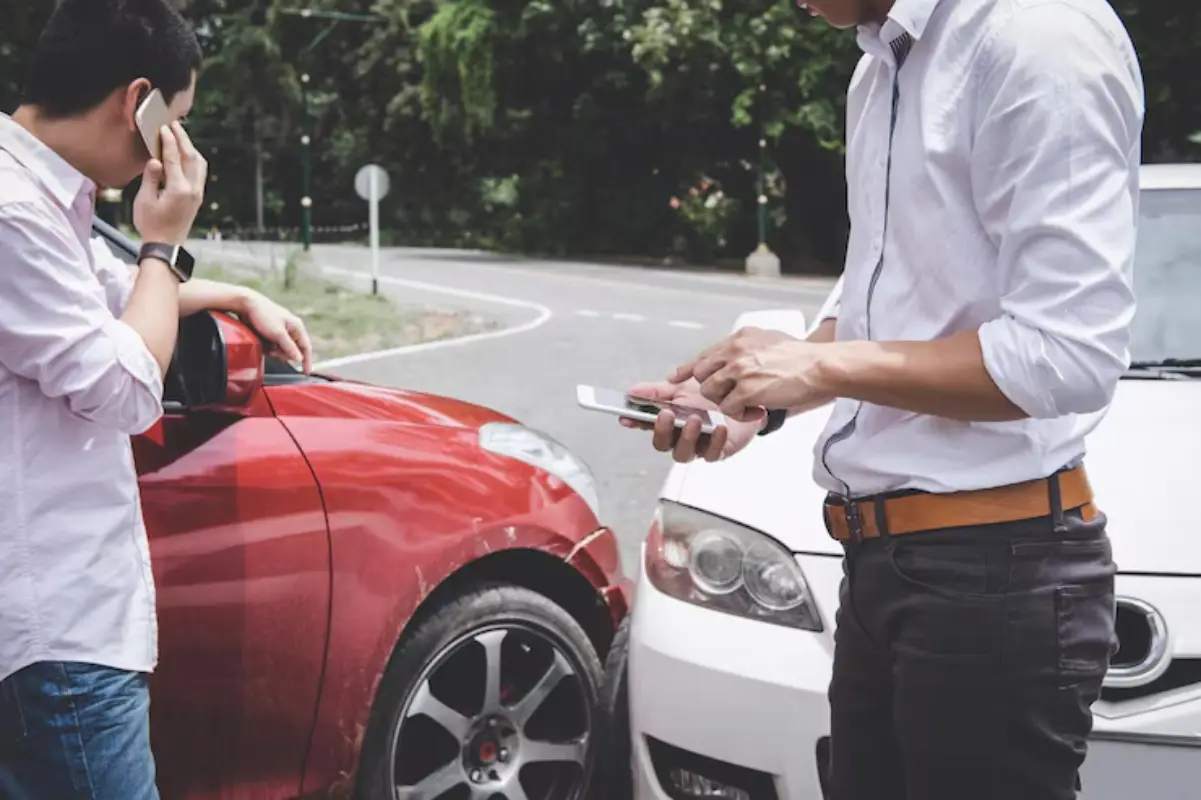
Essential Strategies for Handling Car Accidents: A Comprehensive Guide
Being involved in a car accident can disorient you, but keeping a level head is crucial. The first step is always to ensure safety. Quickly assess if you or anyone else is injured and call emergency services. If the vehicles are blocking traffic and can be moved safely, try to get them off the road to prevent further incidents.
Use hazard lights to alert other drivers, reducing the risk of additional collisions. It helps to keep a charged phone on hand to contact authorities efficiently. These actions protect physical well-being and lay the groundwork for legal and insurance requirements.
Collecting and Documenting Evidence
Once you’ve ensured everyone is safe, shift focus to evidence collection. Photographic evidence is invaluable: capture wide shots of the scene and close-ups of any damage or injuries. Don’t overlook subtle details; disturbed road signs or skid marks can depict how the accident unfolded. Videos are equally helpful, providing a 360-degree panorama of the scene.
Furthermore, note the time, date, weather conditions, and precise location—these details might seem trivial but can clarify the context later. Additionally, certain specifics may refresh your memory during future discussions with insurance companies or legal entities.
Importance of Exchanging Information
Engaging with the other driver constructively can ease the post-accident process. Sharing and collecting information such as names, phone numbers, insurance details, and vehicle registration numbers is mandatory. This exchange not only aids insurance processes but also helps in potential future legal clarifications.
If there are witnesses, kindly request their names and contact details, as their testimonies can be advantageous for comprehensive accident reports. Refrain from talking about details of the incident or acknowledging blame—this is critical. Conversations about the accident should be reserved for official reporting channels and your attorney.
Filing Insurance Claims: Dos and Don’ts
Clearing the insurance claim hurdle requires patience and precision. Promptly initiate a claim by contacting your insurance provider once safety and preliminary documentation are addressed. Provide the insurer with all necessary details but remain factual and concise—avoid embellishing or implying fault.
Insurers may require additional information as the process unfolds, possibly conducting their investigations to verify claims. While this might seem tedious, cooperation is key to an efficient and smooth transaction. Remember that impartiality ensures fair examination by all involved parties, leading to an equitable resolution.
Common Mistakes Drivers Make After Accidents
In the chaotic moments following an accident, errors are easily made. Not contacting law enforcement is a frequent oversight; an official report can support your case with insurers and potential legal situations. Failing to document the scene effectively is another typical blunder that could complicate future claims or legal discussions.
Investing time in understanding best practices for accident response is wise. For in-depth information on navigating the aftermath of a collision, seek advice from safety experts. Avoid hastily accepting settlement offers from insurers without fully comprehending the ramifications—a prime reason why legal consultation can be beneficial.
Legal Implications and The Time to Seek Legal Advice
Legal implications after a car accident can be profound, especially when injuries are involved or substantial property damage occurs. Understanding legal responsibilities is crucial, and turning to experienced legal advisors can provide clarity and direction. A legal professional can dissect intricate details of your incident and offer tailored advice.
They help determine liability, navigate the intricacies of insurance claims, and ensure compliance with regional laws. Whether settling claims or facing potential litigation, legal guidance can be integral to protecting your interests and ensuring justice is served. For peace of mind and comprehensive support, consider contacting a trusted law firm when uncertain.
In complex scenarios or severe injuries, consult with legal professionals from Killian, Davis, Richter, & Fredenburg, PC, to better comprehend your legal stance and ascertain your options following an accident.
Future Prevention: Minimizing Risks on the Road
Post-accident reflection often raises the question of future prevention. Many accidents can be prevented through attentive driving and strategic planning. Commit to defensive driving habits, remain vigilantly aware of surroundings, and respect traffic laws. Implementing measures such as regular vehicle maintenance ensures all safety features function optimally.
Simple routines like checking tire pressure and brake condition and ensuring clear headlights can dramatically affect safety. Additionally, staying informed about safety protocols and adapting to new traffic patterns contribute to minimizing risks on the road. By embracing these habits, drivers can significantly lower the likelihood of accidents, making streets safer.

